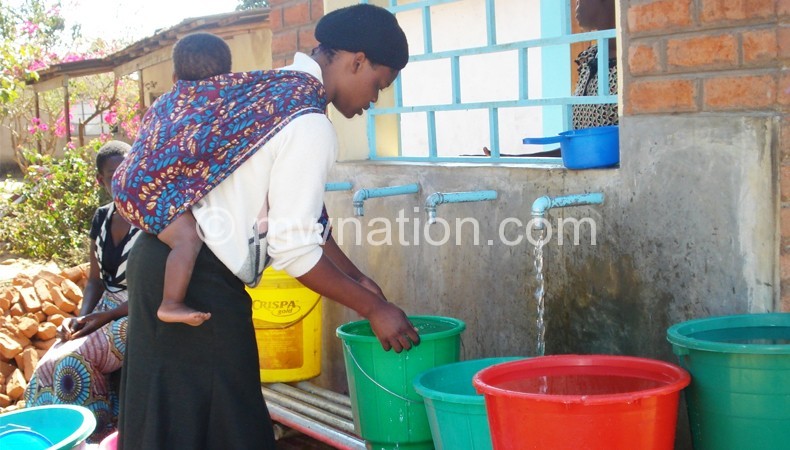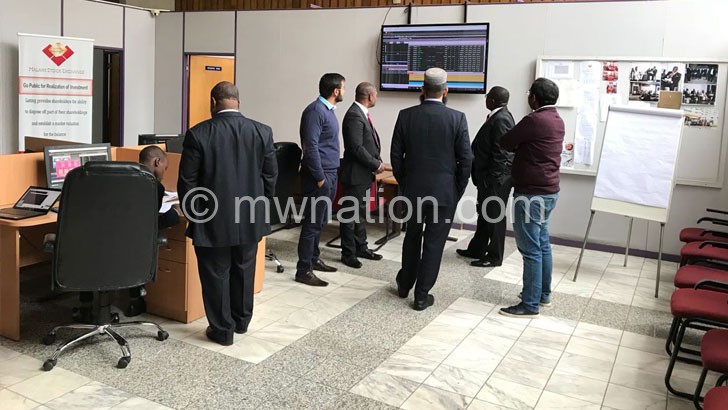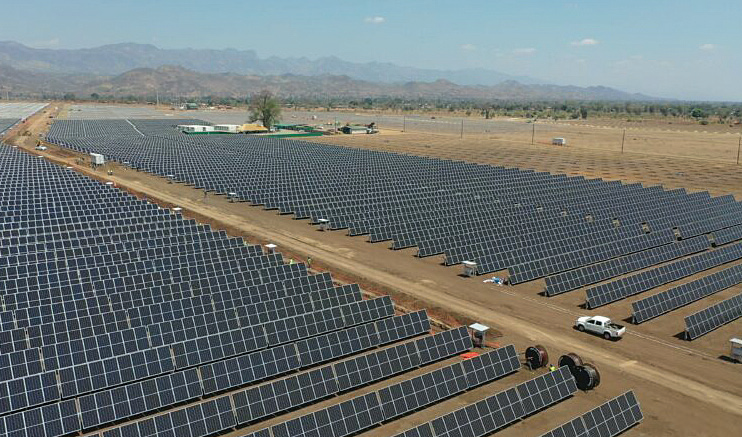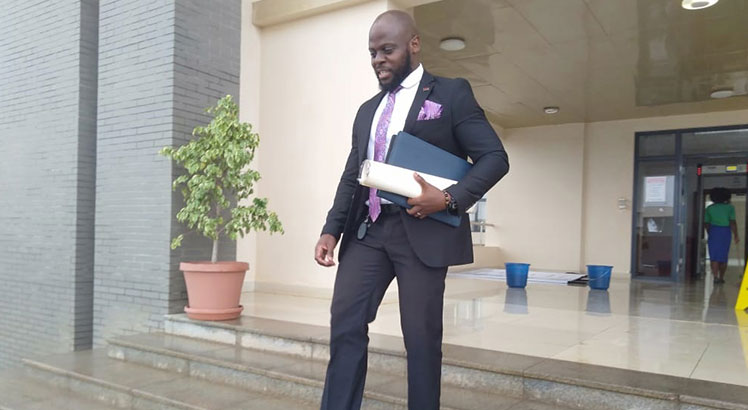Cama rues proposed water tariff increase
Consumers Association of Malawi (Cama) has protested proposals by the country’s five water boards to hike tariffs, saying the water utilities have failed to meet key performance indicators (KPIs).
In a written response on Monday, Cama executive director John Kapito said they signed memorandum of agreements with the water boards that before proposing water tariff hike, they should ensure delivery of quality water services.

He said: “Consumers expect good delivery of quality water services. Over time, the water boards have failed to deliver on many agreed key performance indicators and the result has been poor delivery of water which includes dry water taps for weeks.
Kapito said this also include poor quality of water, failure to connect consumers with water for lack of simple materials and poor customer services, among others.
“This is despite the many tarrifs increases aimed at improving service delivery,” he said.
Kapito said water is a public good delivered by the State using taxpayers money and it is meant to be distributed at a cost that the public can afford.
He said: “This is a product that consumers themselves are paying through taxes and it must never be traded as any other ordinary product.
“Malawians are going through one of the worst high cost of living and cannot afford a water tariff hike.”
The proposal to hike water tariffs comes in the wake of another proposed electricity tariff hike by the Electricity Supply Corporation of Malawi, which is now being revised from the initial 99 percent following the dissolution of Power Market Limited.
The country’s five water boards, namely Northern Region Water Board (NRWB), Central Region Water Board (CRWB), Lilongwe Water Board (LWB), Blantyre Water Board (BWB) and Southern Region Water Board (SRWB) are pushing for a tariff hike of between 15 and 40 percent from April 1 2023.
However, Parliamentary Committee on Natural Resources chairperson Welani Chilenga said water boards need to raise the tariffs now to meet operational costs and offer improved services to Malawians.
He said delaying further the water tariff increment would not help matters as water boards’ services are being affected.
Chilenga said BWB and CRWB have proposed an average of 40 percent while SRWB is proposing 35 percent. On the other hand, LWB is asking for an average of 25 percent and NRWB is asking for an average of 15 percent.
Water Users Association of Malawi executive secretary Shadreck Kalitera said in an interview that the current tariff is below full cost-recovery and that there is a need for cost-recovery tariffs to enable water boards to meet the operation and maintenance costs, service debt and renew its assets.
In December last year, Minister of Water and Sanitation Abida Mia said the tariff increment can only be effected when the cholera situation eases.
Malawi is in the midst of a cholera outbreak and on Monday this week, the country registered 30 cholera deaths which increased the outbreak’s death toll to 990, the highest recorded in history after exceeding the 968 reported in 2002.
Ministry of Health data shows that as at Monday, the cumulative cases stood at 29 995 with case fatality rate at 3.3 percent and 1 069 patients in treatment centres nationwide.





